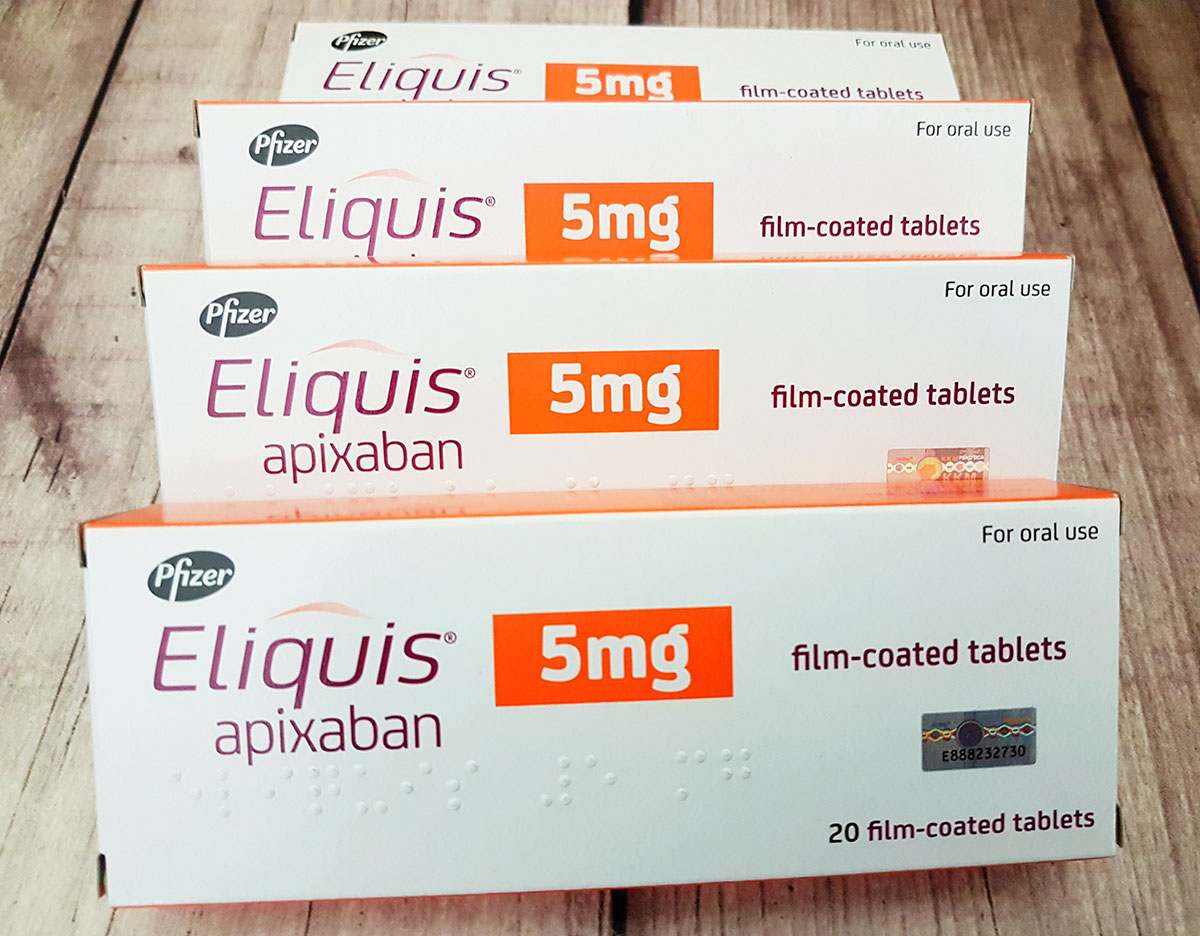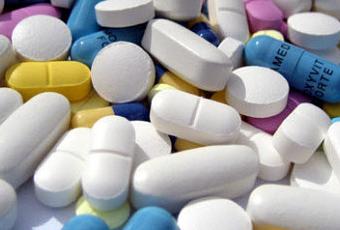

Healthcare professionals need a discerning approach to selecting anticoagulation reversal agents.īecker's Hospital Review recently spoke with Paul P. Still, in some cases, the use of improved direct oral anticoagulants (DOACs) can provoke uncontrolled bleeding in patients. The market for oral anticoagulants has advanced significantly since warfarin was essentially the lone option. Past Issues - Becker's Clinical Leadership & Infection Control.Current Issue - Becker's Clinical Leadership & Infection Control.Becker's Cardiology + Heart Surgery Podcast.Becker's Ambulatory Surgery Centers Podcast.Becker’s Digital Health + Health IT Podcast.Digital Innovation + Patient Experience and Marketing Virtual Event.Conference Reviewers: Request for More Information.The Future of Dentistry Roundtable October.29th Annual Meeting - The Business & Operations of ASCs.


However, within 30 days, about 14 percent of patients died from any causes and 10 percent suffered a thrombotic event. The researchers determined that 82 percent of patients given the drug returned to excellent or good hemostasis. According to the findings, Eliquis and Xarelto patients saw a 92 percent reduction in anti-factor Xa activity after being given a dose of Andexxa. In this latest study, researchers evaluated 352 patients who suffered acute major bleeding within 18 hours of being given Xarelto or Eliquis. Unlike warfarin, which can be quickly reversed with a known antidote, no approved reversal agent for Xarelto and Eliquis had been available since the drugs were introduced, until the development of Andexxa. However, the two drugs have been linked to thousands of reports involving severe and fatal injuries when users experienced bleeding that doctors were unable to stop or reverse. Xarelto and Eliquis were introduced as new-generation replacements for warfarin, as a preventative treatment for strokes and other problems associated with atrial fibrillation.


 0 kommentar(er)
0 kommentar(er)
